Video Reunions, Closed Cemeteries: Virus Upends Korean Festival
Sitting in her tiny home, 83-year-old Moon Haeng-ja is struggling to master a new skill as the pandemic plays havoc with South Korea's harvest celebrations: making video calls.
Chuseok, which runs from Wednesday to Friday, is one of the two biggest festivals of the Korean year, and traditionally a time for family gatherings and ancestral rituals, with millions of people heading to their home towns and the countryside.
But this year will be starkly different as authorities urge the public to stay home to help contain the spread of the coronavirus.
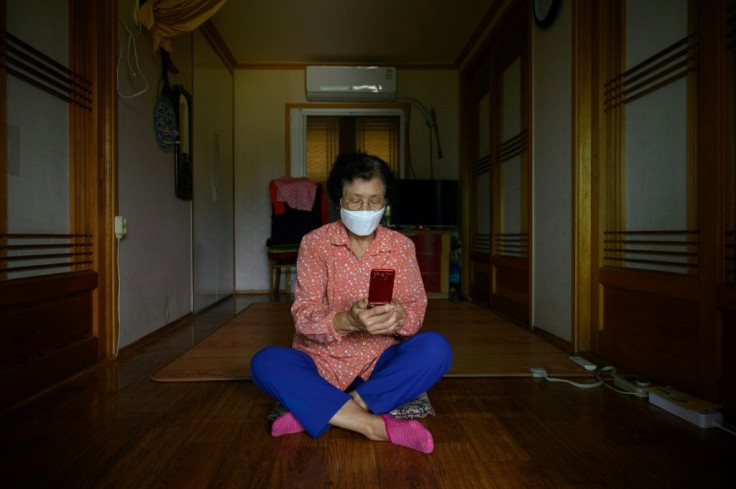
"In the past, my nephews and grandchildren all came to visit me," said Moon, who lives by herself in Wanju, a small rural county in North Jeolla province that has yet to see a single virus case.
Residents fear that an influx of young people from the big cities visiting their parents may lead to an outbreak, and Moon is one of the many elderly settling instead for a virtual reunion with their family members.
She has five children and last saw them in January, before the virus hit South Korea.
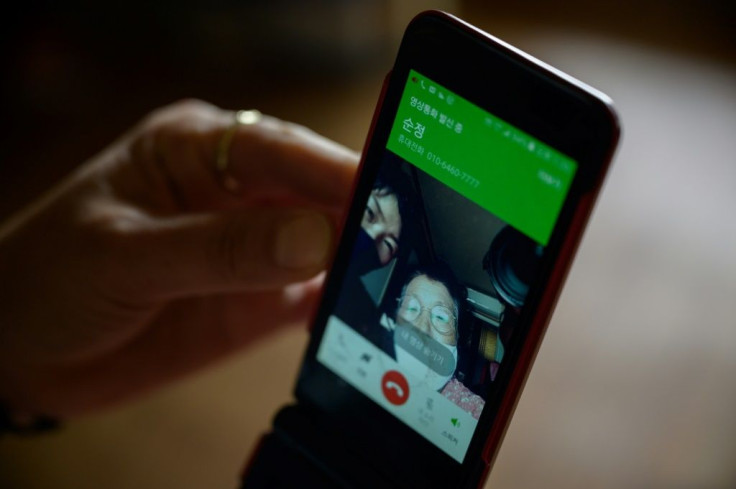
"I'm quite lonely and miss them but I will just have to endure it this Chuseok," Moon told AFP.
Despite many lessons, she still struggles with her phone but says it is the only option this year.
Social worker Kim Hee-sook, who has been trying to teach Moon video calling, explained: "Although it's easy for young people to do, for older people, it's their first time.
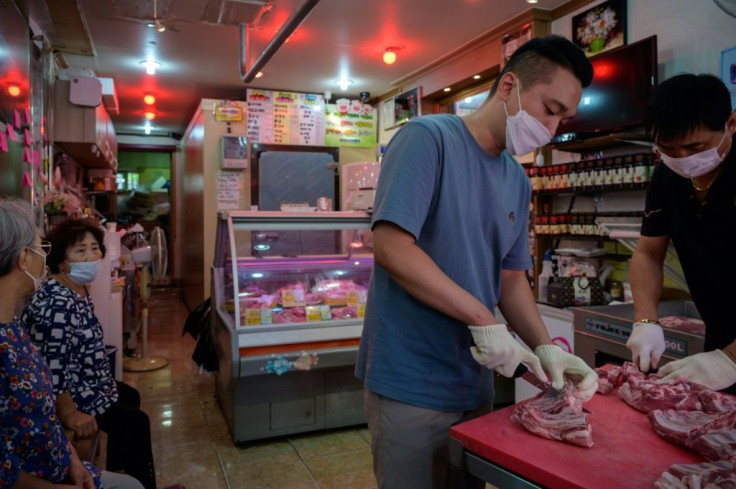
"They struggled to use a mobile phone to begin with, so of course video calls are more difficult."
South Korea largely contained an early outbreak of the disease but has suffered multiple case clusters in recent weeks, heightening concerns.
"Chuseok is the biggest risk that remains in the second half of the year," said Jung Eun-kyeong, the head of the Korea Disease Control and Prevention Agency.
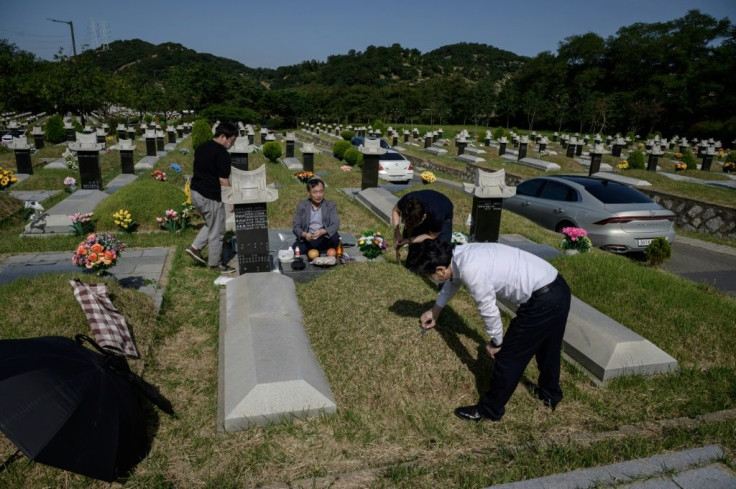
To discourage travel, train ticket availability has been cut in half during the holiday and many cemeteries will be closed.
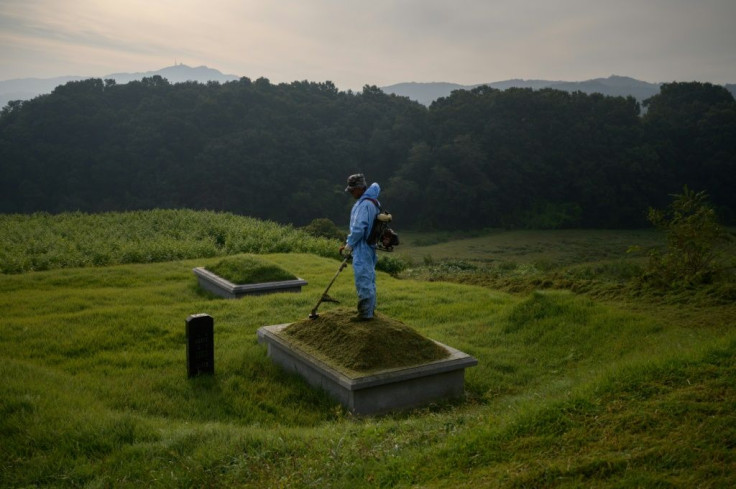
But for some -- perhaps many -- there will be a sense of relief: Chuseok is a season of stress for many daughters-in-law who bear the brunt of holiday cooking and cleaning for their husband's entire family.
Kim Soon-joo usually begins cleaning her house a month before the gathering:
"I'm quite edgy because I also have to worry about the food and have to do the dishes," she told AFP.
"In that sense, I'll be quite relaxed this Chuseok."
In a Facebook post urging people to stay home, Prime Minister Chung Sye-kyun wrote:
"You can use me as an excuse and spend this Chuseok at home."
The most important Chuseok ceremony sees families visit their ancestors' graves to tidy and clean the site and place offerings for their spirits.
But this year, restrictions mean many will not be able to do that, prompting a boom for grave-tending companies.
By September 15, the National Forestry Cooperative Federation had already had 23 percent more requests for such services than in the whole of 2019.
As a result, some graves would have to wait until after the holiday, a federation official added.
Kim Yoon-rae, a grave tender in the northern city of Paju, said he was seeing demand several times higher than in previous years.
He carried out his duties with "happiness and delight", he said.
"I go about this job as if I were tending the graves of my actual ancestors."
© Copyright AFP 2024. All rights reserved.





















